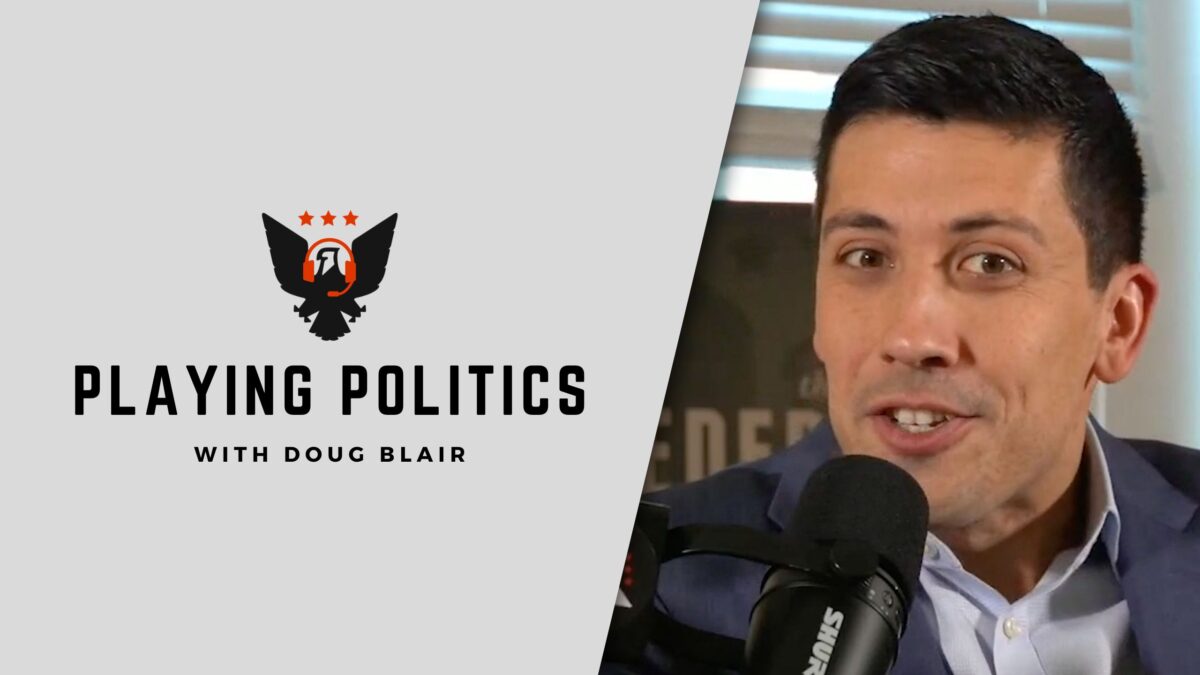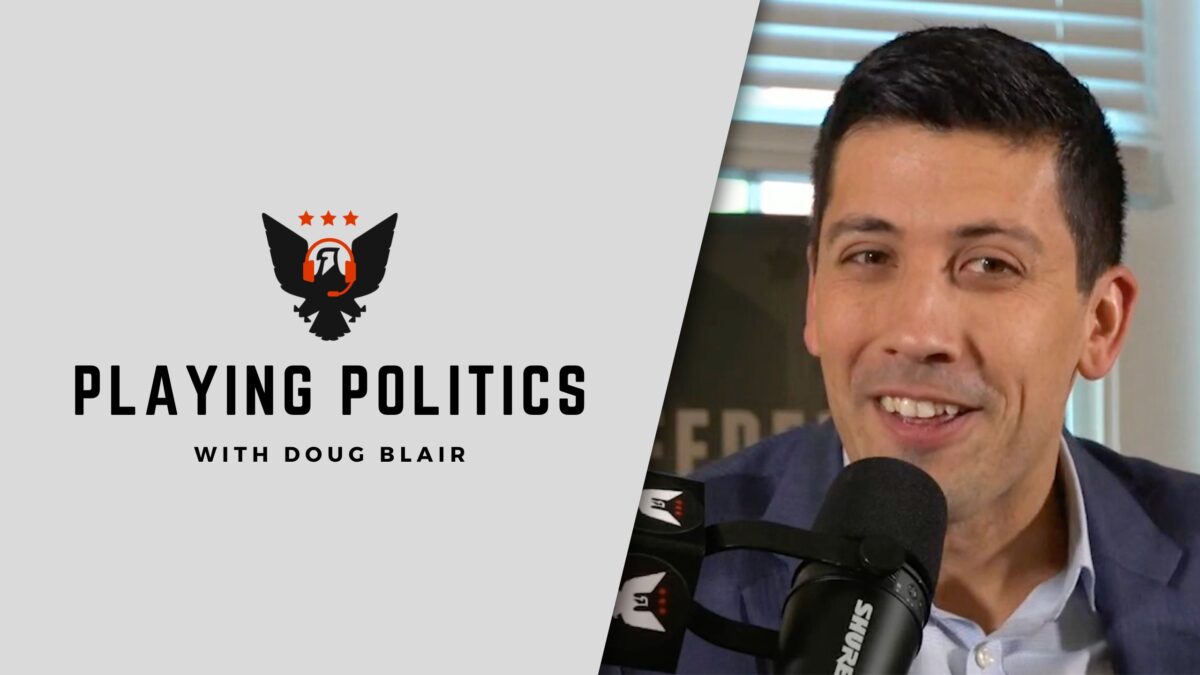
Over the last few days, the Electronic Entertainment Expo in Los Angeles has seen video game developers showcase upcoming offerings with flashy press conferences, movie-like trailers, and gimmicks on wheels and in the air. We could talk about many, many new games, both big and small, but on a broader scope something evolving in the gaming industry is concerning: games as a service.
When I was a kid growing up in the 1980s and ‘90s, video games were about big machines you played at an arcade or on your basic home system from Nintendo, Sega, or Atari. Then gaming went big-time. It exploded on PCs, as people built ever more powerful and expensive rigs to run the latest and greatest of games. Consoles also evolved into a landscape dominated by Microsoft’s Xbox and Sony’s PlayStation.
We’re now on the PS4 Pro, and after this weekend the Xbox One X (which costs a whopping $500). Consoles now not only run 4K ultra-high-definition games, but also carry Netflix, web browsers, and most importantly online stores. No longer do you need to go to GameStop, BestBuy, or Walmart to buy video games. You can get them online through websites like Amazon or services from Microsoft and Sony. Oh, and just because you bought the game, doesn’t mean you get the whole game. Let me explain.
That $70 Was Just an Entry Fee
When “Star Wars: Battlefront” came out in 2015 in conjunction with the launch of “Star Wars: The Force Awakens,” I pre-ordered the game, cleared my schedule, and sat down in the dark of my office to blast away at Stormtroopers for hours on end. The problem was, it wasn’t much of a game. There was no real single-player campaign, and the game itself was light on content. The nearly $70 I spent on the game seemed like a rip-off. I could go online and fight other players, but that was pretty much it.
That wasn’t the end of the game, however. After spending that high price tag for the base game, its developers wanted me to spend more, and more, and more, on DLC (downloadable content). Want to wield the wily Lando Calrissian? Pay up. Want to play new missions at the Death Star? Pay up. Want to play as characters from “Rogue One”? Pay up. By the time the game is “done” it costs much more than the initial $70. When you’re spending $50, $60, $70 or more on a game, shouldn’t you get a fully finished product? I think so, but the gaming industry disagrees.
The hottest trend in gaming is “games as a service.” When I first bought “Legend of Zelda” in 1987, I got the game. It was all of the game, polished, and ready to roll. The $40 you paid then got you one of the greatest games of all time, in all its glory. For the record, I still have my original Nintendo and occasionally bust out some old-school “Zelda,” especially to show my kids. Pay once, play forever.
That’s just not the case anymore. Instead of having you pay for a game once, developers want you to come back again and again to continue a revenue stream for them. It’s a slot machine. You buy your way into the casino with an expensive bucket of quarters. There you go, you’ve got the game. Then, to really enjoy it, to get the full game experience, you have to keep putting in more quarters, pulling that lever, and spending in the game you already purchased.
All of a sudden that initial $70 has swelled well north of $100. For that $100 you finally get the game you deserved for $70. Your game is now free of bugs, has more content and adventures, and is what it should have been at launch.
This is the big boy version of those “free-to-play” games on your phone. Sure, you can download that puzzle game for free or just 99 cents, but if you want to get past level 15 or complete a task faster than the speed of sap, get ready to fork over $4.99, $9.99, $19.99, $49.99, or even more! All of this nickel and diming takes the fun out of gaming. I just want to buy a game and play it.
They Definitely Learned This from Microsoft
This has been a common practice in the business world for a while. Many applications that multi-national companies rely upon function as a service. You pay up front, then on a subscription basis to get support, updates, and new features. Game developers saw this, and thought, “JACKPOT!” Why have players pay once for a game when companies can hook players into paying for multiple series of future content as well? The casino was in business!
Another part of the appeal of these “games as a service” is the social nature. If you turn on your TV (especially in Asia) you can amazingly find video game competitions in which millions of dollars are at stake. Kids who grew up in their basements glued to a screen can now earn a solid six figures tapping buttons and moving a joystick in front of an arena full of screaming fans. This, along with the ability to stream gameplay online, has made gaming more social. That’s not necessarily a good thing.
Game developers want you to get into large battles online, sometimes with your friends, often with strangers you don’t know. They want you to get your rear kicked by 13-year-old boys who do nothing in the summer but play video games, who want to be a “professional gamer.” Here’s the thing: I don’t want that, and I’m not the only one.
Stop Bleeding Me and Give Me the Game
To their credit, EA learned from their missteps in 2015. When they previewed the sequel to “Battlefront” this weekend at E3, they highlighted the robust single-player campaign built around an original fully developed story, and the fact that all post-launch DLC would be free and available to everyone. Yes, the game will have micro-transactions, but those won’t make or break your game experience. You can still get past that major story point without shelling out an additional $19.99.
When I have time to escape the kids, the bills, and the wife to play video games, I want to do it by myself, or with the choice to occasionally play with friends. I want to enjoy a game, enveloped in its fully fleshed-out world. I don’t want to be forced to play pimple-faced teenagers just to experience the story. I don’t want to be forced to pay extra just to get the game I should have had when I purchased it first. I don’t want to pull the slot machine lever over and over and over again.
I just want to play. Why is that so hard these days?









